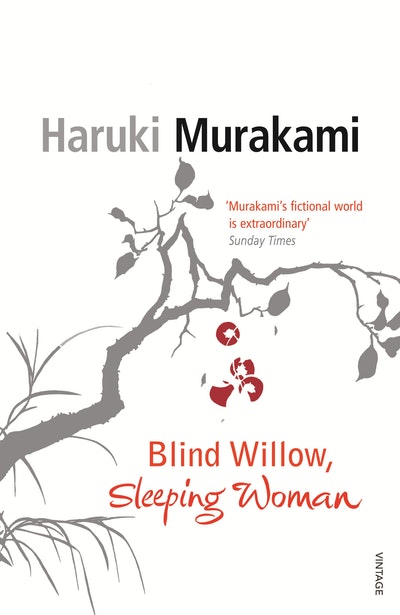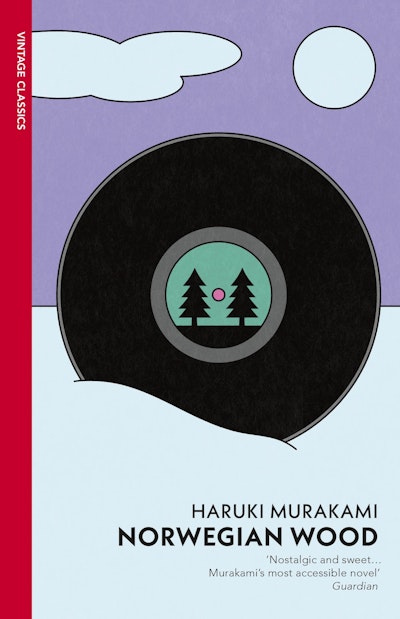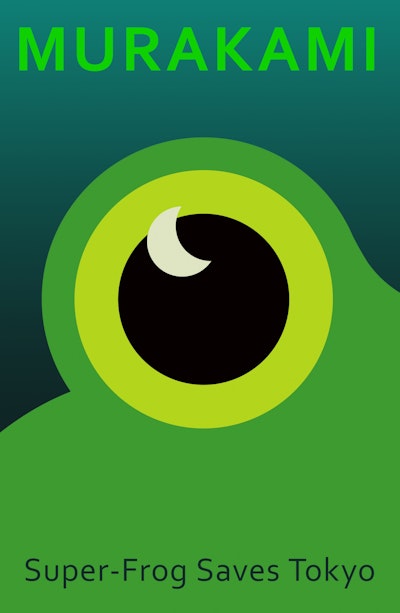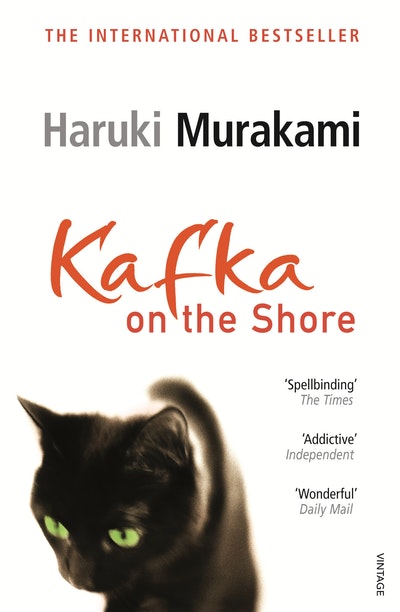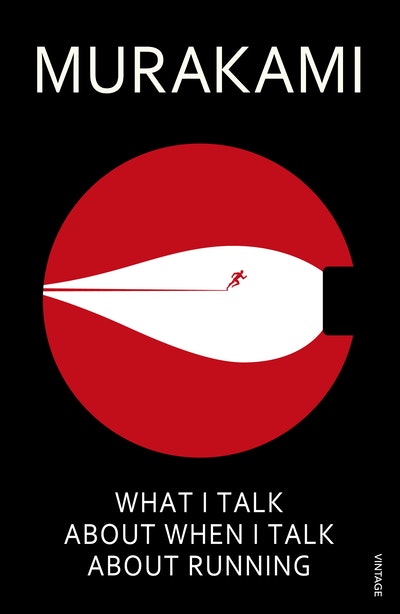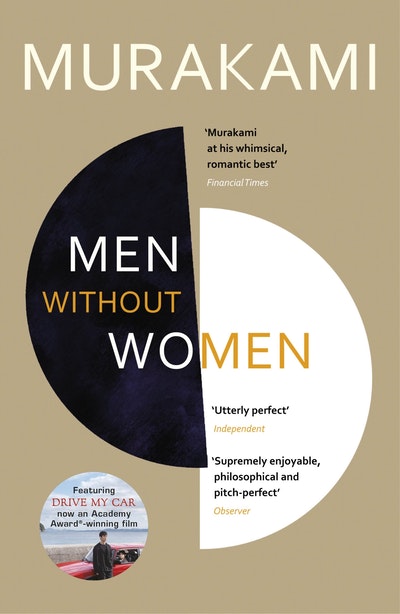- Published: 2 July 2007
- ISBN: 9780099488668
- Imprint: Vintage
- Format: Paperback
- Pages: 448
- RRP: $22.99
Blind Willow, Sleeping Woman
- Published: 2 July 2007
- ISBN: 9780099488668
- Imprint: Vintage
- Format: Paperback
- Pages: 448
- RRP: $22.99
An intimate pleasure
The Times
Although Murakami's style and deadpan humour are wonderfully distinctive, his emotional territory is more familiar - remorse, unresolved confusion, sudden epiphanies - though heightened by the surreal... For all its peculiarity, Planet Murakami offers a recognisable landscape of our fears
Observer
Literature's answer to David Lynch
Times Literary Supplement
Sharp but humane observation...as unforgettable as it is untypical
New Statesman
Disarming, amusing and reveals his lightness of touch
Scotland on Sunday
A beguiling collection that shows off Murakami's bold inventiveness and deep compassion
Metro
Murakami is excellent at creating an intense mood in a swift few lines... always provocative and never less than engaging
Daily Telegraph
By turns disturbing and delightful, funny strange and funny ha-ha...Blind Willow, Sleeping Woman is a handsome volume of prose, every bit as substantial as a novel...They show him at his very best; not as a cult novelist but as a really first-rate writer of short fiction
Guardian
Funny but also sad and wise
Sunday Telegraph
These stories are rich in Murakami magic... a collection that all readers will enjoy
Independent
More insights into life, death, memories, love and kangaroos that one has a right to expect in any single volume
Daily Express
Murakami’s fictional world is extraordinary.
The Sunday Times
